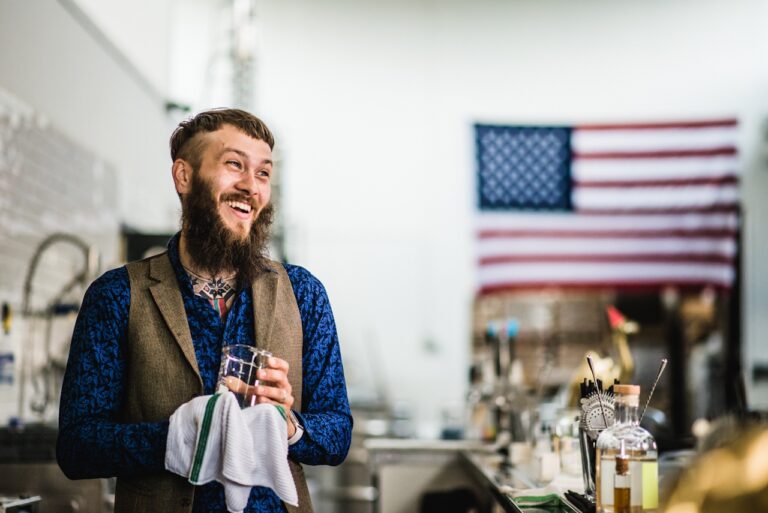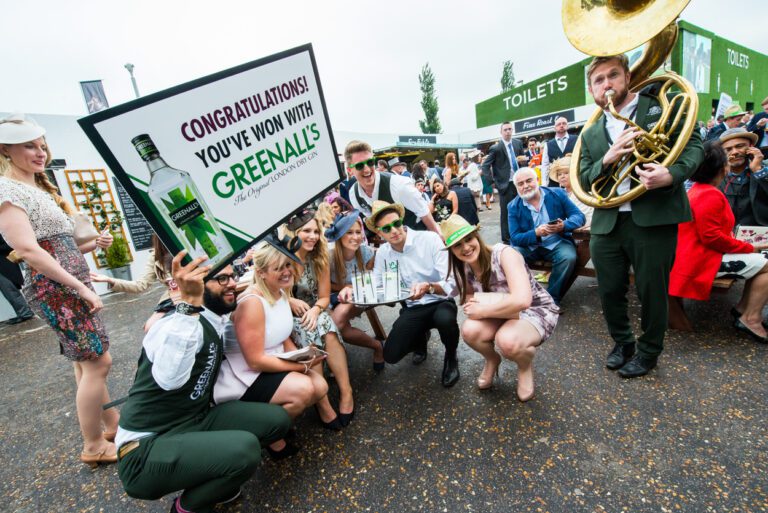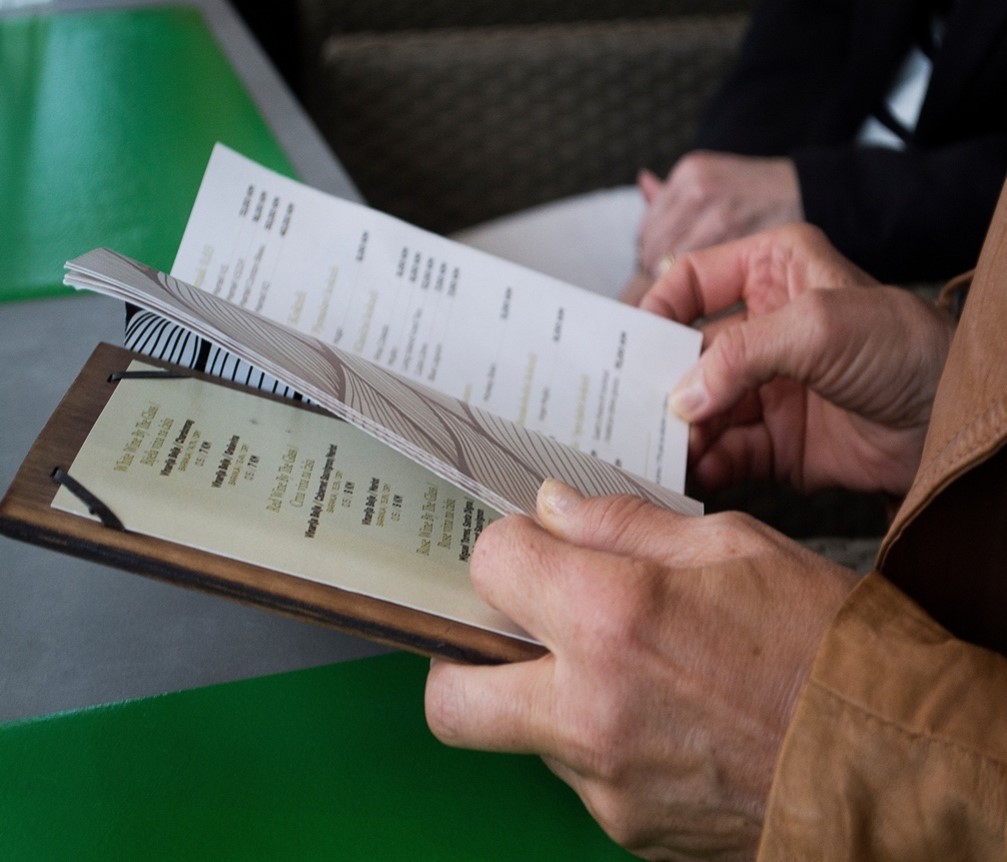
How To Unlock Retros & Listing Fees For Your Bar
Creating a winning drinks programme is far more than just a delicious and well-balanced menu, there is a real need for understanding how the commercial side of drinks brand deal work.
Antonio Del Monte, Head of Bars at Park Chinoise has shared his views on how to navigate the world of listing fees and retrospective payments as a bar professional.
In a very competitive industry, venues, suppliers and producers often enter into business agreements that provide mutual benefits. Two common types of arrangements are retrospective deals and listing fees.
While these deals can be advantageous, they also come with considerations that bar owners, beverage managers and bartenders must carefully weigh before consolidating a cocktail or spirits menu.
Let’s break them down.

What Are Retrospective Deals and Listing Fees?
As a venue owner, beverage director, manager or bartender it is really important that you understand the differences between retro deals and listing fees. With understanding it will allow you to decide on whether to pursue commercial deals with drinks brands and also how to leverage your position with these brands effectively.
Retrospective Deals
These are incentives offered by suppliers, where a bar receives a rebate or a bonus based on sales performance. For example, a supplier may offer £1 back for every bottle of gin sold if the venue sells more than 12 bottles per month. These deals incentivise bars to push specific products, ensuring the supplier maintains consistent sales volume while the venue enjoys a financial return.
Listing Fees
Sometimes, suppliers and/or producers pay a venue to list their product on the cocktail menu or as a primary spirit in certain drinks. In return for this payment, the bar agrees to feature the supplier’s product prominently, whether it’s offering it as the house pour, incorporating it into a signature cocktail or displaying the product on the back bar. The listing fee helps cover the cost of the bar’s operational expenses or marketing efforts in exchange for visibility and sales of the product.
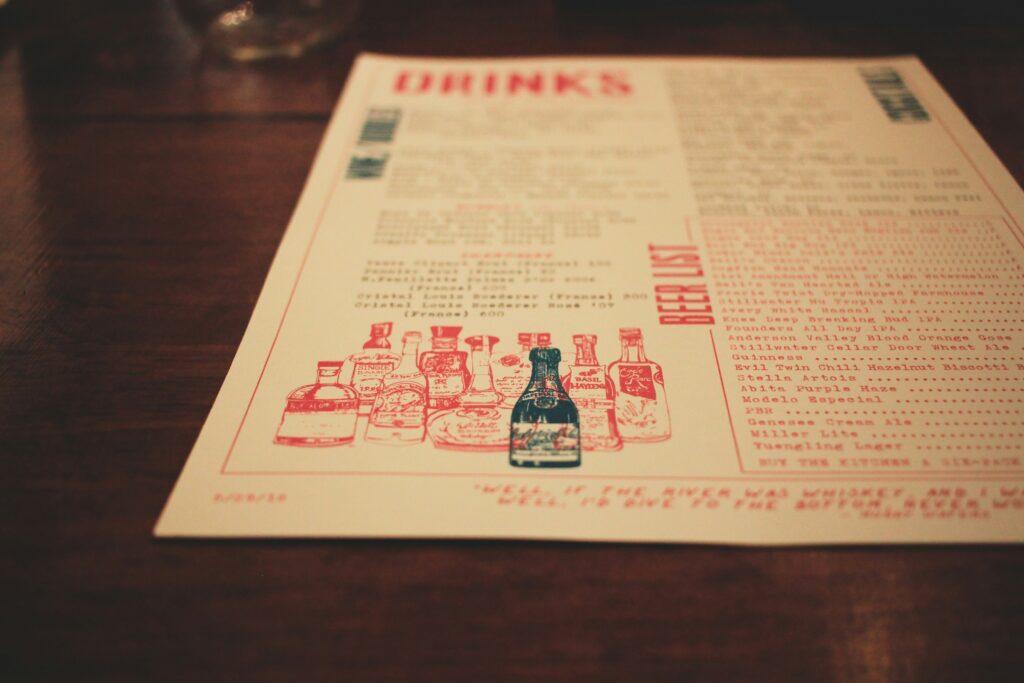
Tips For Unlocking Commercial Deals
1. Reguarly Track Sales
Keep a close eye on product performance and adjust promotions or placements to ensure you meet targets.
2. Collaborate With Suppliers
To leverage their marketing resources, staff training, and promotional materials.
3. Create Signature Cocktails
Feature the supplier’s spirit in creative, signature cocktails to encourage guests to try it to unlock volumes
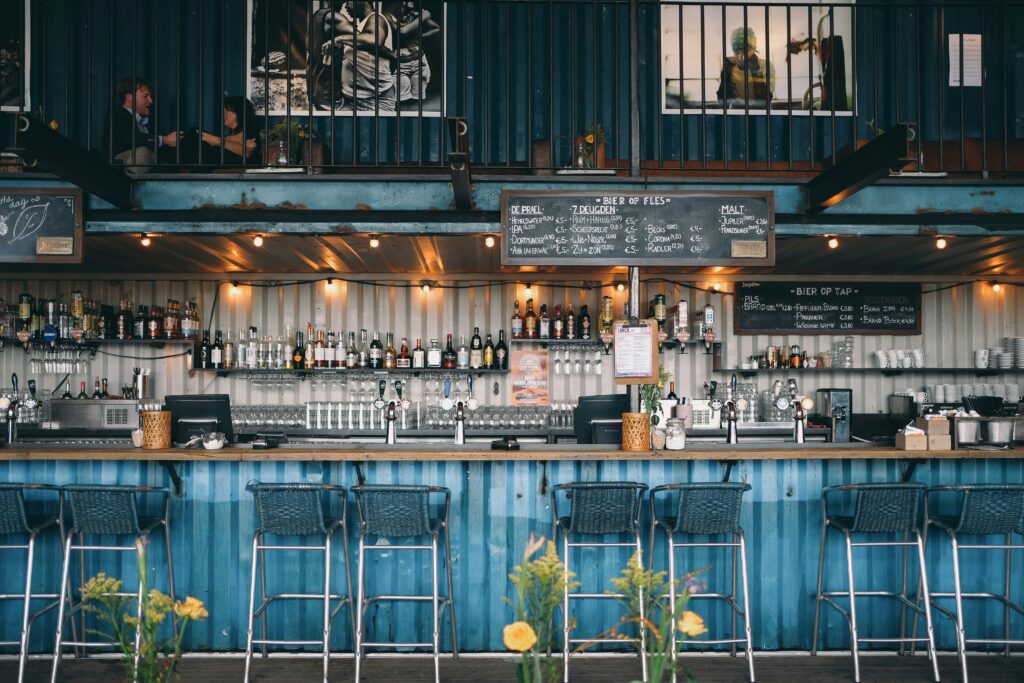
Case Study – High Volume Tequila bar In London
Imagine a high-volume bar in London known for its diverse tequila offerings. The bar serves tequila in various ways: as a shot, mixed in cocktails, and paired with simple mixers. The venue has established itself as a go-to spot for tequila lovers, with consistent footfall and a reputation for top-notch service.
Now, let’s explore two scenarios — one where the bar enters retrospective deals and listing fee agreements with tequila producers, and one where it does not.
Scenario 1: Venue Secures Retro & Listing Fee Deal
In this scenario, the tequila bar partners with a prominent tequila brand. The brand offers the bar a listing fee to feature its tequila as the house pour and a £1 retrospective rebate for every bottle sold beyond a target of 24 bottles per month.
Pros:
• Increased profits: The bar receives direct financial incentives through listing fees and rebates, adding to its profit margins.
• Lower costs: With a steady supplier rebate, the bar can afford to keep prices competitive or invest the rebate in other aspects of the business.
• Brand support: The tequila brand provides marketing materials and staff training, ensuring the bar team is knowledgeable and engaged.
Cons:
• Limited flexibility: By focusing heavily on one brand, the bar may limit its ability to feature other tequilas or adapt the menu based on guest/market demand.
• Brand perception: It is fundamental to work with spirits brands that align with the venue and the guest’s profile/demographic. Do not prioritise deals or listing fees over guest expectations.
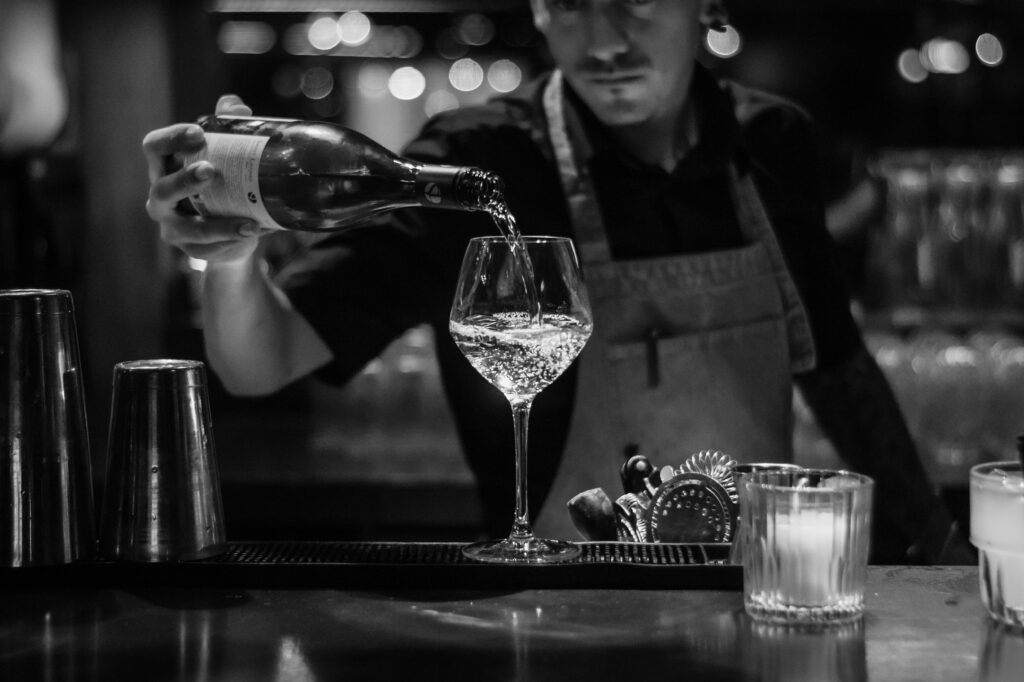
Scenario 2: Without Retrospective Deals and Listing Fees
In this case, the tequila bar remains independent of any specific deals and continues to offer a wide range of tequila brands without any financial incentives from suppliers.
Pros:
• Creative freedom: The bar has complete flexibility to curate its tequila selection and cocktail menu based solely on quality, profitability and guest preferences.
• Guests trust: Guests may perceive the bar as being more authentic and less influenced by business arrangements, creating a stronger connection with the venue.
Cons:
• Higher costs: Without the rebates and listing fees, the beverage operational costs might be higher, which may lead to higher drink prices or thinner profit margins.
• Marketing and training costs: The bar must invest in staff training and marketing independently, which can strain resources.
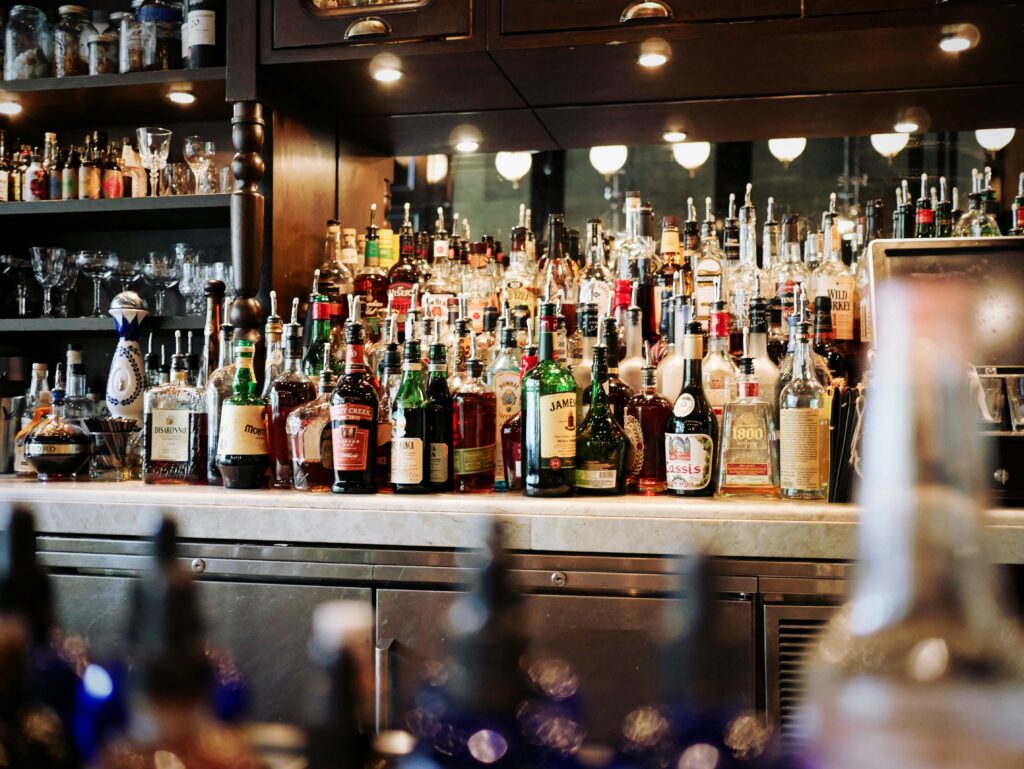
Conclusion: Weighing the Options
Retrospective deals and listing fees can be powerful tools for high-volume bars, especially those with a strong focus on a particular spirit.
These agreements can provide financial benefits, support from brands, and marketing materials that boost sales. In the current economic climate, commercial support from brands is more welcome than ever.
However, they come at the cost of flexibility and independence. Listing fees and retrospective deals will almost always come with a robust exclusivity deal as well as volume targets. If these targets are not hit you can imagine what happens to your commercial support.
Ultimately, the decision comes down to the venue’s long-term goals and its relationship with its guests—whether it chooses to prioritize short-term profits or long-term brand identity.
If your venue does decide to accept commercial deals it is essential that you leave space for small independent brands that stand out from the crowd. Giving indie drink brands a platform in bars is so, so important. With the tiny budgets and margins that independent brands operate with, competing on a commercial deal with one of the big players is out of their reach.
As a bartender, manager or venue owner, it’s your responsibility to add diversity to your backbar, for the good of your customers and staff, as well as the industry as a whole.

Antonio Del Monte
Beverage Consultant
The author is an industry veteran who has worked across London's top hospitality venues in a 20+ year career. He is currently Head Of Bars for Park Chinois and his expertise lies in trends, the on-trade and developing drinks programmes.

